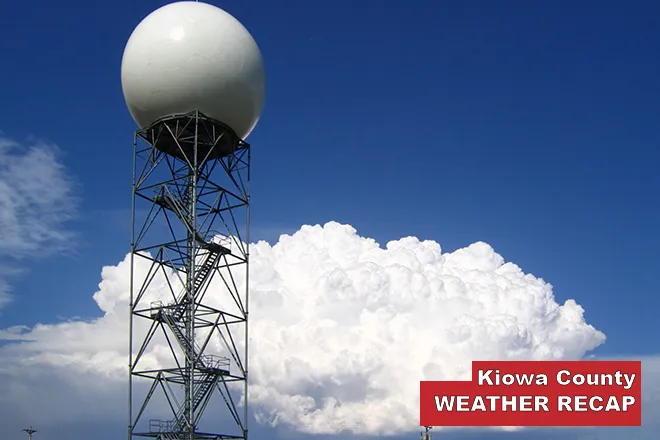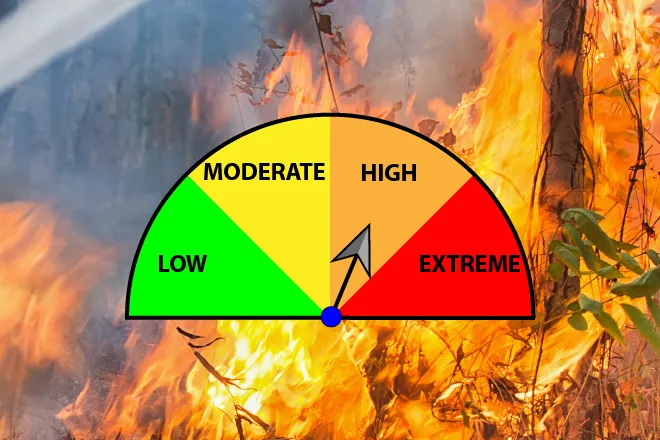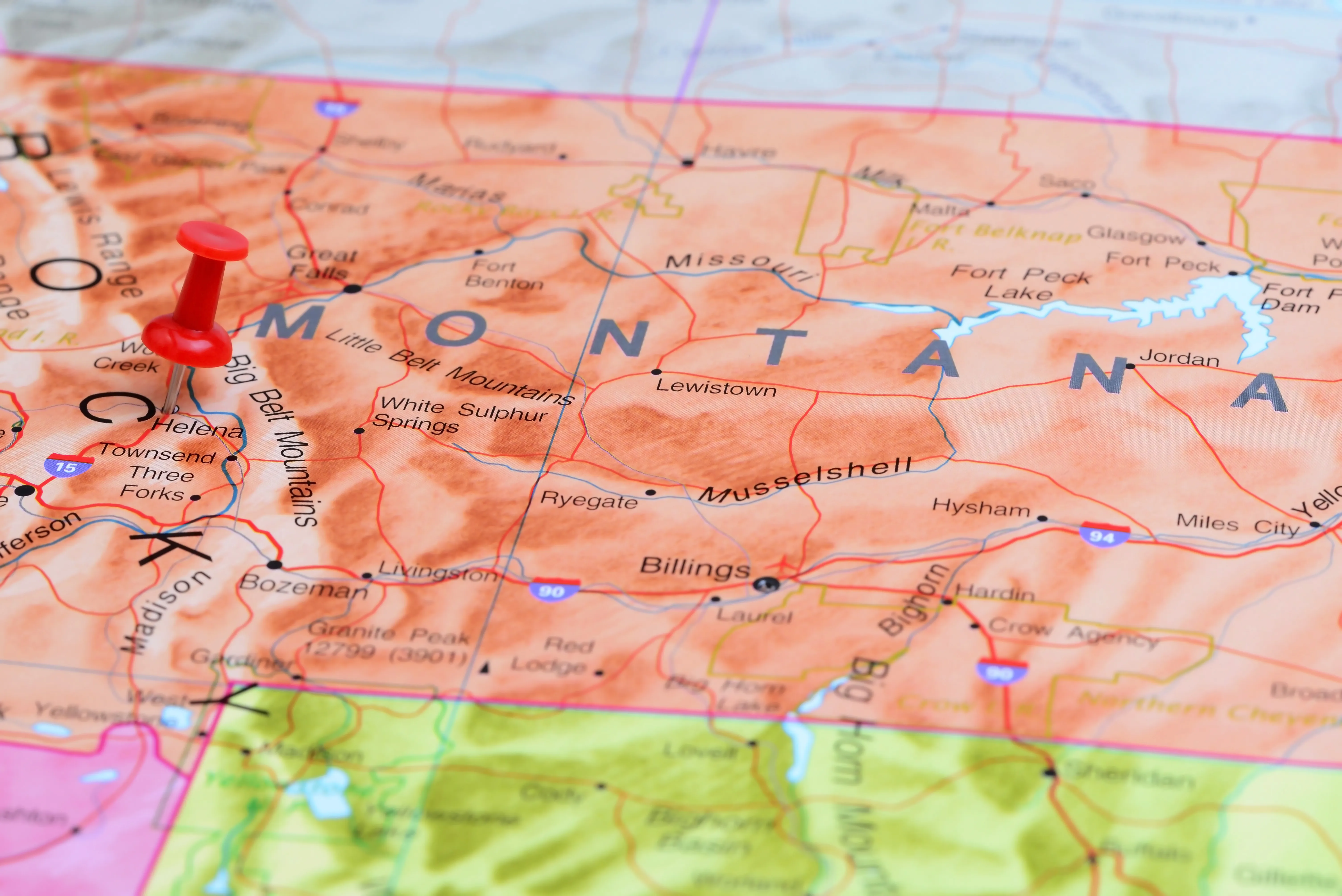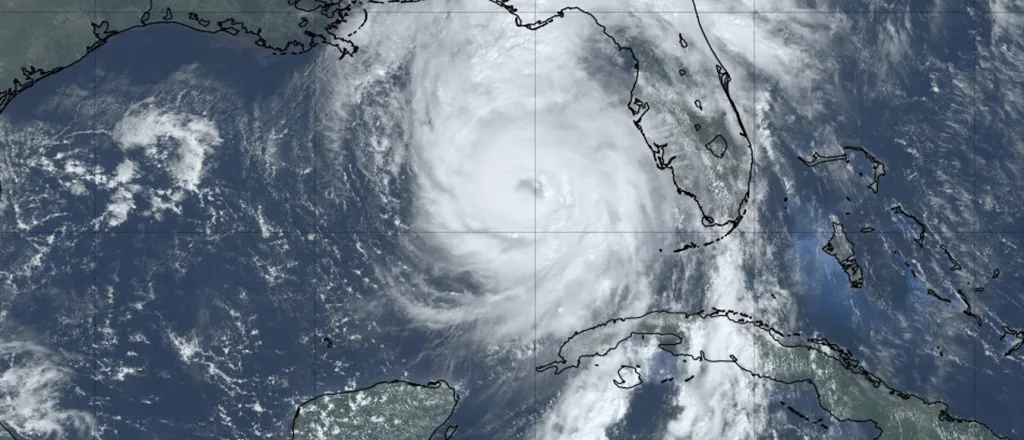
Environmental advocates tackle wave of post-Helene misinformation in North Carolina
Courtesy NOAA
Click play to listen to this article.
(North Carolina News Service) As North Carolina communities continue to pick up the pieces after Hurricane Helene, they have faced a new obstacle: A surge of misinformation is slowing down crucial relief efforts and leaving residents uncertain about where to turn.
David Kieve, president of EDF Action, the advocacy partner of the Environmental Defense Fund, said the misleading claims are creating confusion, adding another layer of difficulty to an already challenging recovery.
e
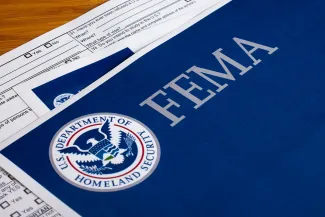
© danielfela - iStock-483743566
f"They're having a really hard time doing it, because of lies that Donald Trump and others are spreading about where relief efforts are focused," Kieve asserted. "I'm sure you saw, but FEMA had to pause their relief work because they were worried that their workers would be subject to attack from militias."
The misinformation has caused widespread anxiety, particularly over claims FEMA's $750 emergency checks, intended to help with immediate food and shelter needs, would make recipients ineligible for future aid. Despite being proven false, Kieve observed the rumor has discouraged some families from seeking essential support.
The challenge is not limited to North Carolina. Kieve pointed out similar issues in other states, where false information about disaster relief and clean energy policy could threaten future economic growth in some communities.
He stressed moving away from clean energy policies would have stark consequences, especially in states like North Carolina and Pennsylvania.
"If we were to move in the opposite direction and take a step back from the successful clean energy policies that we've advanced over the past couple of years, that would cost both states jobs," Kieve contended. "It would cause both states' economies to go in the wrong direction and it would cost families higher energy bills."
Kieve encouraged people to look closely at the facts, to question which candidates are being truthful and to recognize the potential for things like job growth from clean energy. He noted communities already benefiting from the investments are seeing positive changes, from new factories to improved public health.





